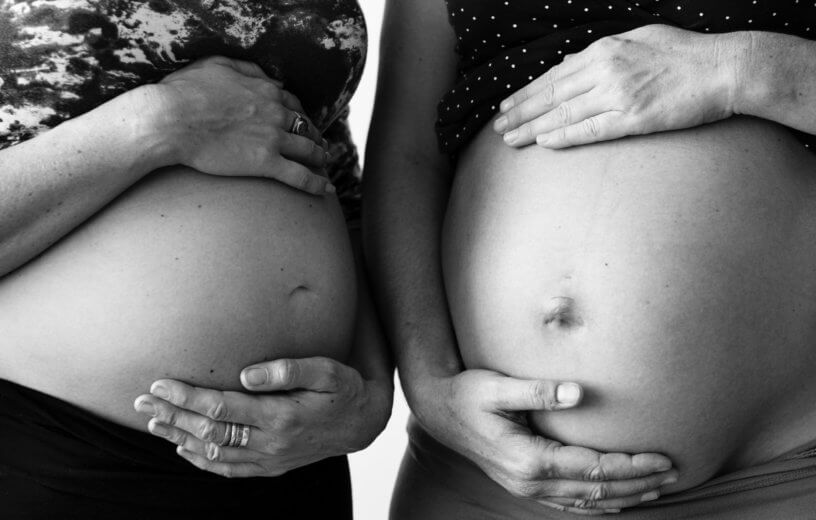BEERSHEBA, Israel — Being over the hill, at least when it comes to having a baby, isn’t so bad after all. Researchers behind a new study on childbirth among older women confidently say that “50 is the new 40” for pregnancy, and that women can still safely give birth at the half-century mark.
The major study of nearly 243,000 births by researchers from the Ben-Gurion University of the Negev and Soroka University Medical Center in Israel concludes that it’s just as safe for a woman to give birth at age 50 as it is at age 40, even when taking the baby’s health into account. The authors credit modern technology and the growing number of women turning to extracellular fertilization or egg donation in order to have a child.
“It turns out that 50 is the new 40 when it comes to childbirth,” says co-author Dr. Eyal Sheiner, director of the Department of Obstetrics and Gynecology at Soroka, in a media release. “There is no doubt that medical teams will need to handle increasing numbers of birth for women over age 50.”
For the study, Sheiner and his team used data from 242,771 deliveries at Soroka and compared complications and outcomes among women younger than 40 and those older, particularly those who were at least 50. Such complications for women include premature birth, gestational diabetes, hypertension, and caesarian sections. For babies, doctors recorded instances of a baby born in poor physical health, under distress at birth, or, in rarest cases, a baby that did not survive.
While nearly 97 percent of the births occurred in women from the younger segment, nearly 8,000 of the women were at least 40. Of the older group, 558 women were 45 to 50, and 68 were older than 50. Complications were more prevalent in women over 40, the doctors found, but women over 50 were at no greater risk for any such outcomes compared to those who were between 40 and 50.
That said, women giving birth after 40 should still be considered high-risk, and especially women over 50, the authors say, but the research should at least bring some comfort to older pregnant women who are concerned about their age. Monitoring a woman’s fasting glucose and blood pressure are key ways to detect complications, the doctors say.
The study’s findings were presented at the Society for Maternal and Fetal Medicine 39th Annual Pregnancy Meeting in Las Vegas.
